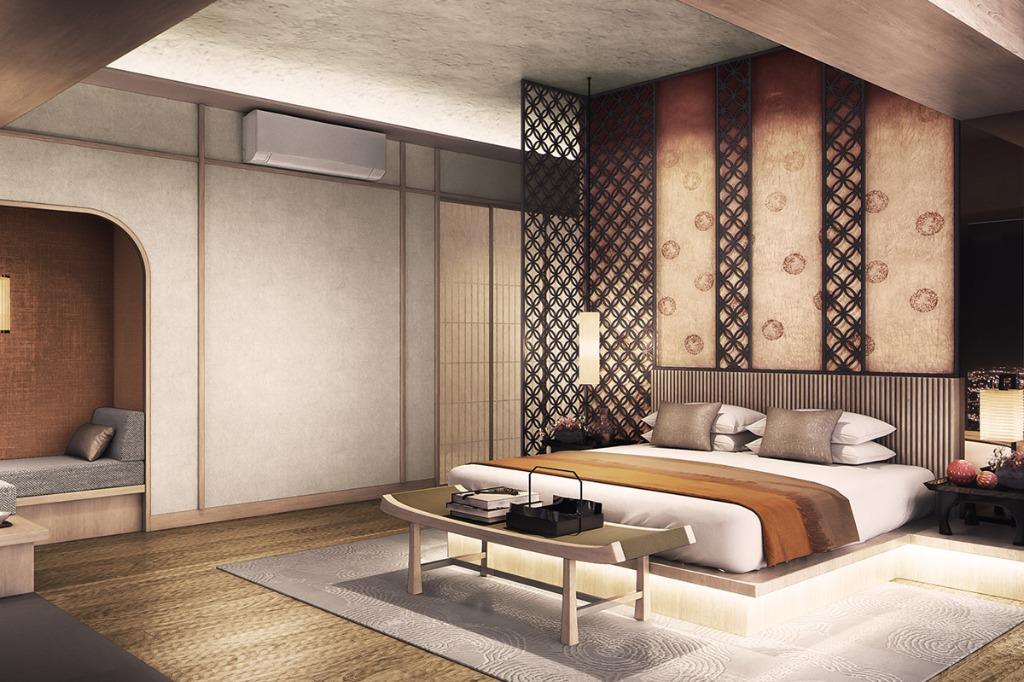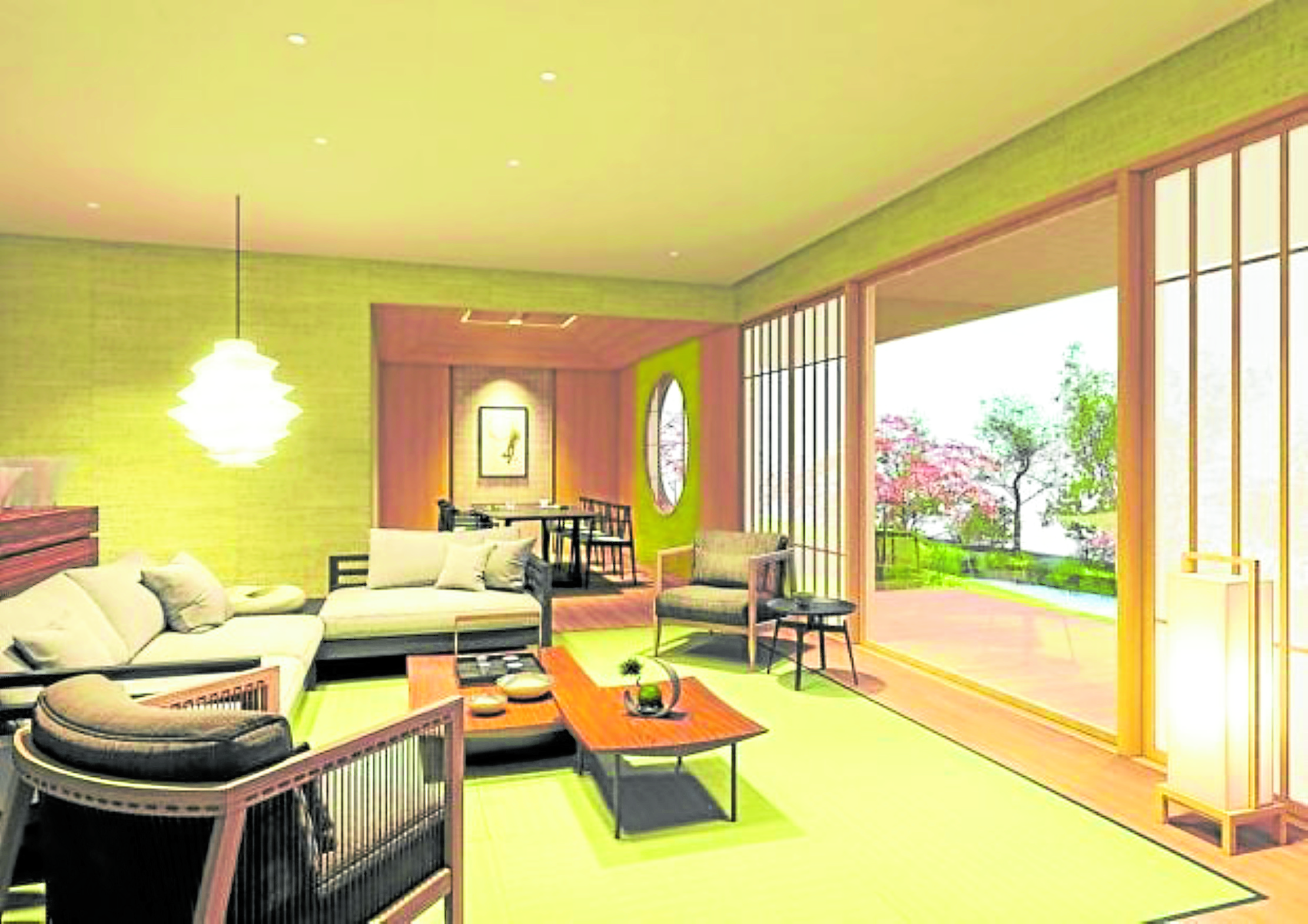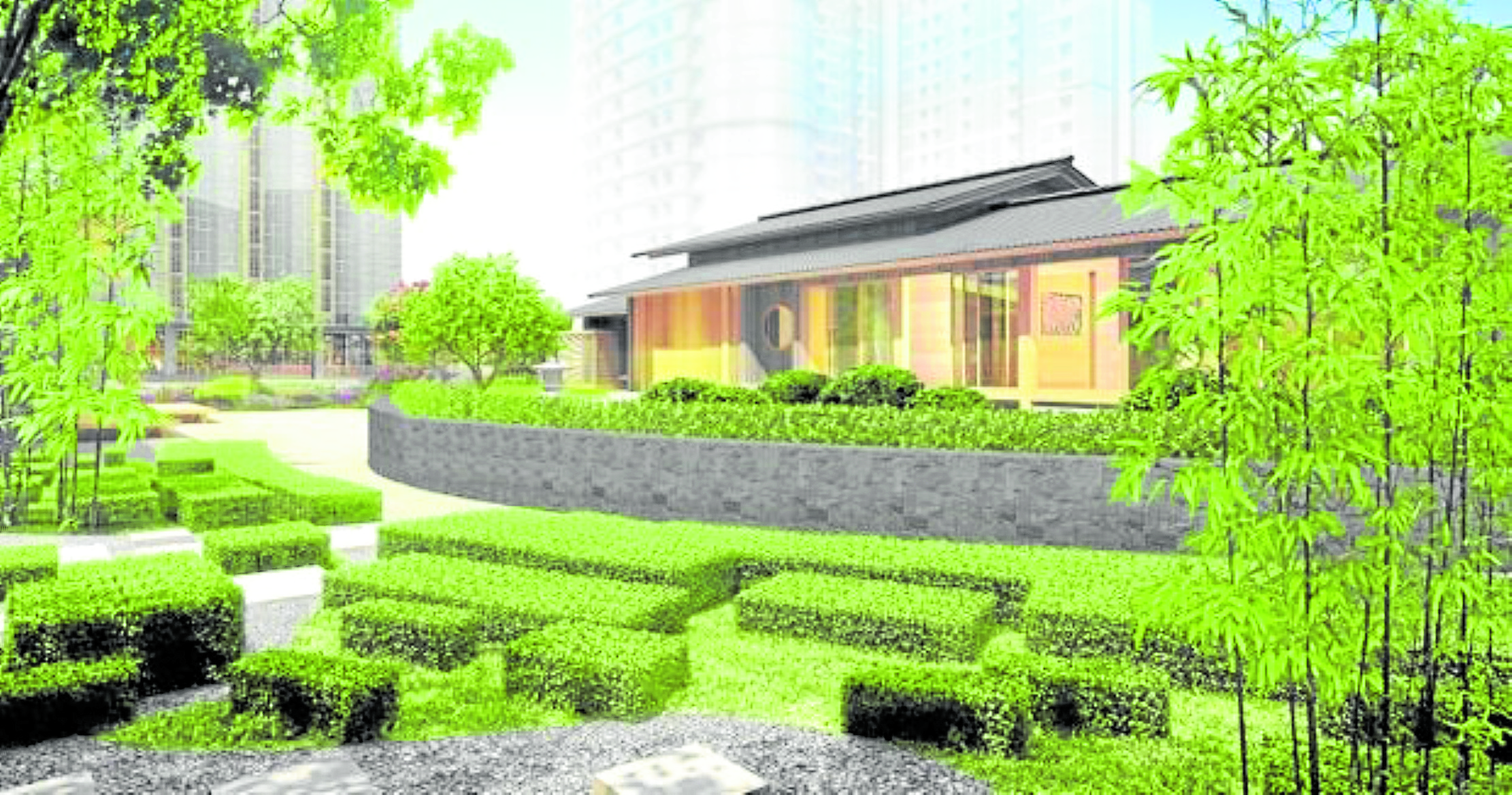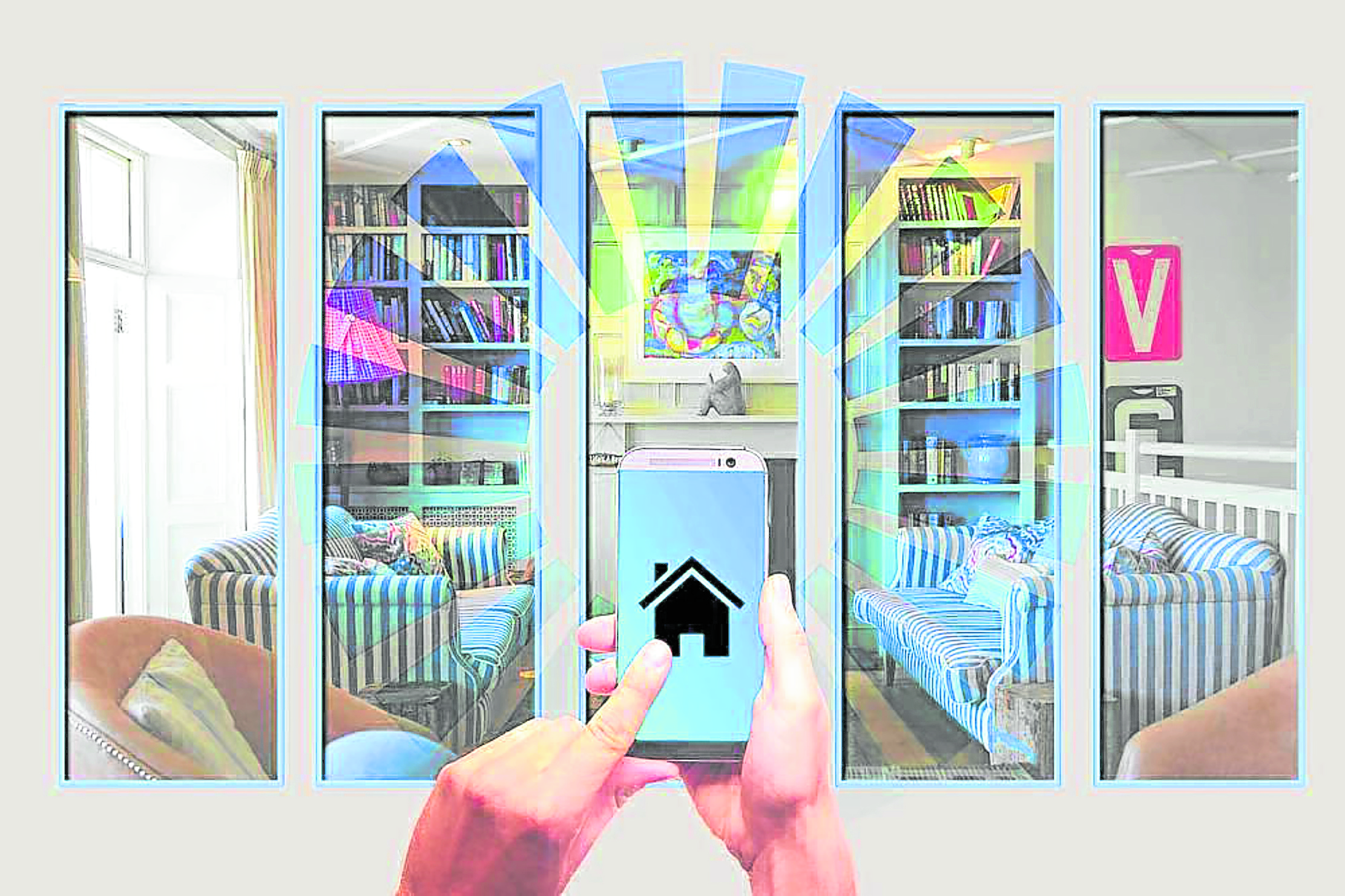Of sushi and skyscrapers

Zen principles infuse Philippine real estate with a sense of simplicity and tranquility. | FILE PHOTO
Gone are the days when the influence of Japan was confined to history books. Today, this impact is a dynamic, living force evident in Manila’s most fashionable districts. From cafes that take a page out of anime culture to gaming arcades and tours that immerse you in “otaku” traditions, this Eastern inspiration has permeated modern Filipino life in unique ways. It’s not just the younger generation that’s enthralled. The local real estate market is also experiencing a fresh infusion of this cultural cool.
The Konmari spark in Philippine homes
Remember her? The Konmari method, popularized by Marie Kondo, emphasizes decluttering and organizing space. This Japanese philosophy has found its way into Philippine home designs, where the focus is increasingly on practicality and effective use of space. The Konmari mindset aligns well with the Philippine real estate market’s adaptability to a wide range of personal capacities and preferences.

Zen principles infuse Philippine real estate with a sense of simplicity and tranquility. | FILE PHOTO
Zen in the urban jungle
Zen principles infuse Philippine real estate with a sense of simplicity and tranquility. Developers now design condominiums with quiet elements in mind, such as minimalist gardens that serve as peaceful sanctuaries. Natural light floods these spaces, reducing the need for artificial lighting and creating an atmosphere of calm. Open floor plans dominate, allowing residents to move freely and breathe easily. These spaces starkly contrast with the hustle and bustle of city life, providing residents with a peaceful retreat right in the heart of urban chaos.
The tech-savvy homes
The Philippines is quickly adopting Japan’s lead in futuristic home technology. Advanced security systems now come standard in many new developments, offering residents peace of mind at the touch of a button. Energy-efficient appliances are another staple, reducing electricity consumption and lowering bills. Voice-activated controls and automated lighting systems add a layer of convenience, transforming Philippine homes into interconnected ecosystems. These systems are no longer optional luxuries but expected components in new real estate projects, setting a new standard for modern living.
The investment landscape
Japanese investors show a keen interest in Philippine real estate opportunities. Data by PropertyAccess reveal a diverse range of budgets among these investors. A significant 82 percent of these investors are male, and the majority are professionals in their 40s and 50s.
Article continues after this advertisementBut the investment landscape is more nuanced than mere demographics. The depreciation of the Yen has led Japanese investors to seek alternative avenues for asset growth, making the Philippine property market an attractive hedge against currency devaluation. Corporate investors find the local market enticing due to the appealing cash flow of rental income.
Article continues after this advertisement
Developers now design condominiums with quiet elements in mind, such as minimalist gardens that serve as peaceful sanctuaries. | FILE PHOTO
The power of partnerships
The market also benefits from favorable government policies that facilitate property acquisition for international investors. Factors such as the country’s steady economic growth, burgeoning population, and ongoing infrastructure developments add to the allure of investment prospects. The buoyant tourism industry fuels demand for hospitality-related real estate, while the thriving business process outsourcing industry boosts the need for commercial properties.
Japanese investors prefer real estate developers who have stable partnerships with corporations from their home country. These corporations instill a sense of security and confidence, making them particularly appealing to this group of buyers.
The author (www.ianfulgar.com) is a leading architect with an impressive portfolio of local and international clients, his team elevates hotels and resorts, condominiums, residences, and commercial and mixed-use township development projects. His innovative, cutting-edge design and business solutions have garnered industry recognition, making him the go-to expert for clients seeking to transform their real estate ventures
